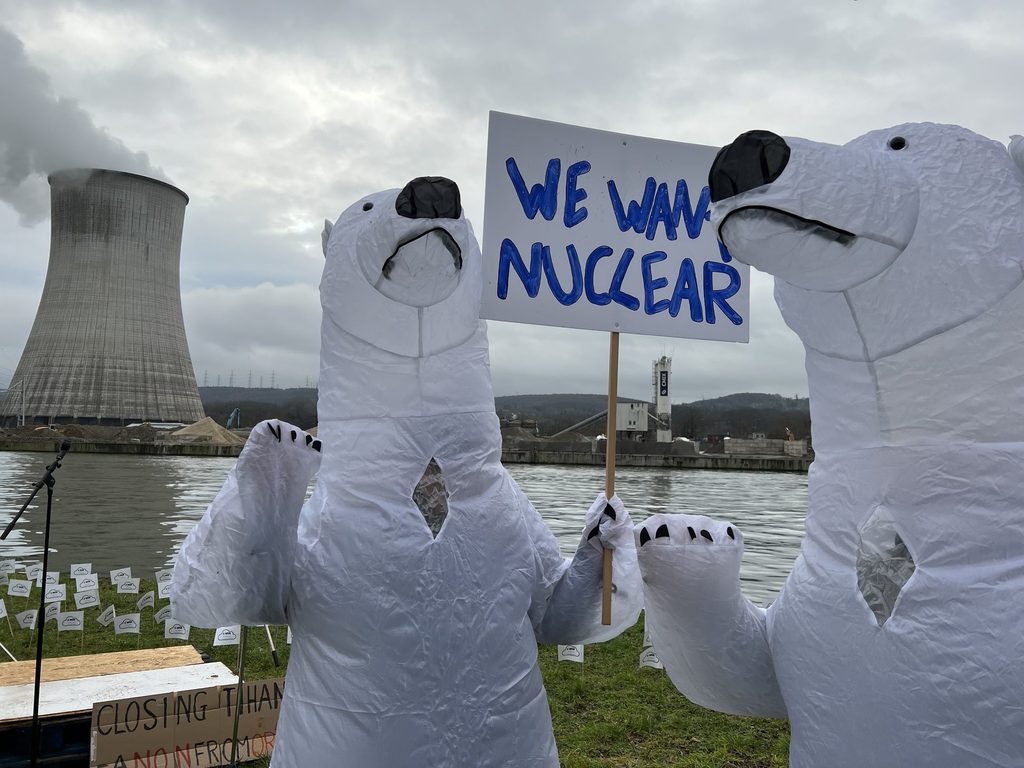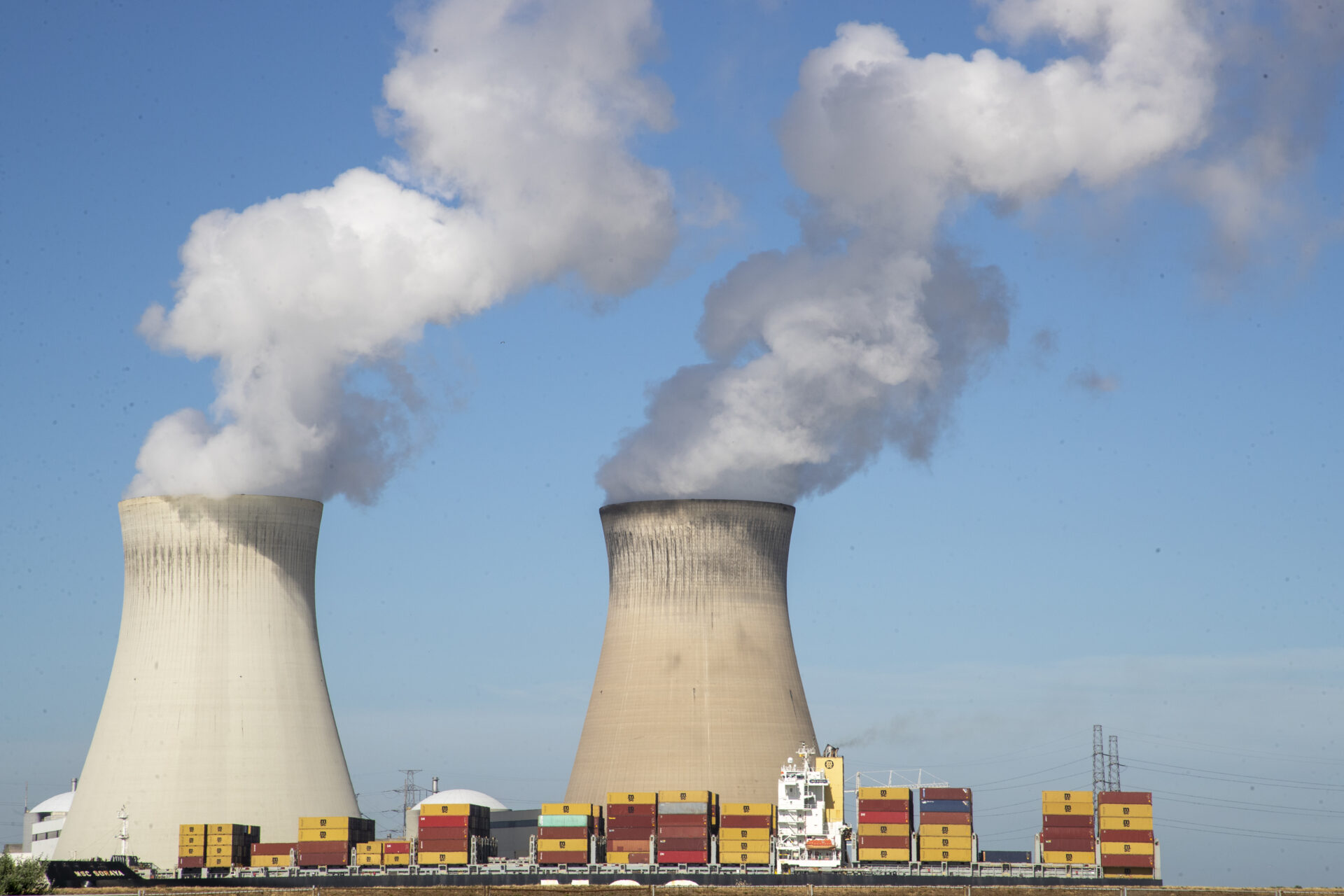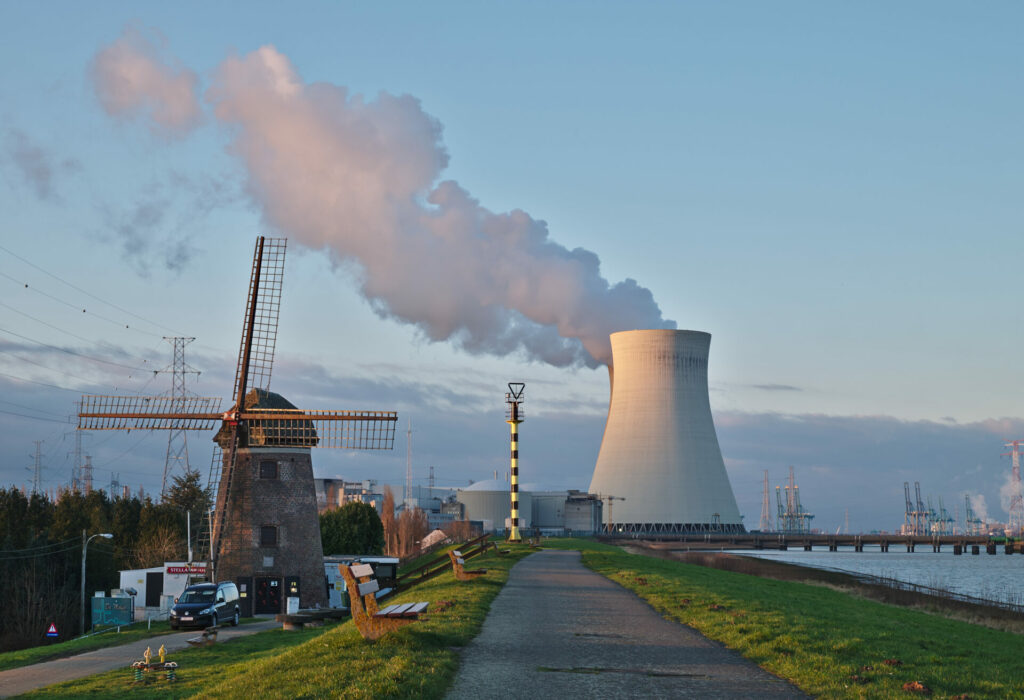The cost of energy is a concern for all Belgians, not only citizens but companies as well. Already vocal about rising employment costs brought on by Belgium's automatic indexation, industry representatives are now calling to ensure the country's nuclear reactors keep running in order to guard against rampant rises in electricity costs.
On Monday, the Federation of Belgian Industrial Energy Consumers (FEBELIEC) unveiled the results of energy audits carried out with consultancies KPMG and EnergyVille. The KPMG study assessed 22 Belgian industries that collectively represent one quarter of the nation's industrial electricity consumption and some 40,000 jobs.
Questioned on how they view the security of electricity supply, they responded that this is a "major concern for their business" and expressed fears that operating in Belgium, they face some of the highest electricity costs on the continent. Analysts caution that these fears play a significant role in shaping company decisions.
Largely for this reason, none of the 22 major companies apart from those in the pharmaceutical sector plan large-scale expansion in Belgium.

Protesters during an action from Standup4nuclear in January 2023 in Tihange. Credit: Belga/ Didier Defoe
Commenting on the perceived energy "handicap" that industries in Belgium face, the Commission for Energy and Gas Regulation (CREG) sought to downplay the disadvantage claimed by companies.
It cited a study by PwC consultants which concluded that the competitivity of Belgian companies is "generally good", although it acknowledged a slight decline in the ability for companies to operate profitably out of Belgium.
Importantly, when broken down to a regional level, the competitive advantage in Flanders was found to be significantly greater than in Wallonia for industrial operations that are energy-intensive. The CREG gave assurances that it is closely following the evolution of energy prices and that it will propose measures to ensure that Belgian companies can continue performing against international competitors.
Can we afford to lose nuclear?
Despite declarations of support from the Federal Government when pressed on the matter of energy security, it is undeniable that Belgium's previous plans to phase out its nuclear reactors pose a major threat to electricity supply.
Whilst there has been a significant drive to expand the nation's renewable energy capacity – most notably with the major enlargement of wind farms – the diffuse nature of wind (which depending on conditions can produce very little energy whilst at others more than can be used) makes it impossible to guarantee the quantity and concentration of electricity that large industries require.

Doel nuclear power plant. Credit: Belga/Nicolas Maeterlinck
As a result, energy analysts at EnergyVille looked into three scenarios that would involve prolonging Belgium's nuclear plants. At present, the Federal Government has committed to prolonging the lifespan of Doel 4 and Tihange 3 reactors by ten years. The EnergyVille study also studied the effect of extending these reactors for 20 years rather than ten.
Related News
- Belgium in Brief: The nuclear elephant in the room
- Belgians are in favour of nuclear energy, survey shows
- Belgium's 'lights will go out' if nuclear reactors are not extended, says Elia CEO
In addition, the researchers considered the impact of prolonging Doel 3 and Tihange 2 reactors (shut down in September 2022 and January 2023, respectively) for 20 years as well.
In both of these cases, the net result was a major reduction in Belgium's CO2 emissions, though this was more pronounced in the first decade than the second. Yet the study concluded that prolonging Doel 4 and Tihange 3 reactors until 2040 would be a significant step in protecting energy supply in Belgium and reducing greenhouse gas emissions.
Importantly, the study showed that the hypothetical scenario of restarting Doel 3 and Tihange 2 reactors would have a lesser effect on bringing down CO2 emissions but would reduce investment in renewable energies.

